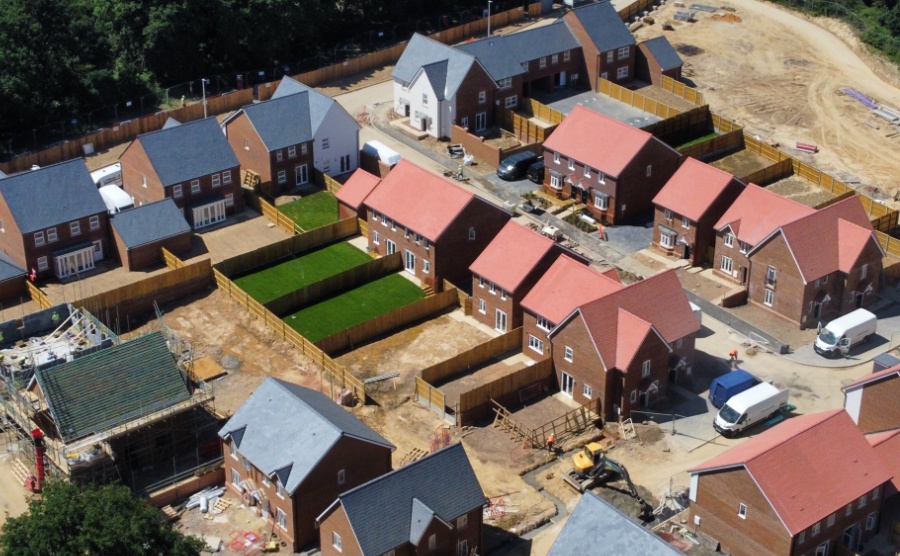Since Labour took office in July 2024, housing has become one of its headline issues. The new government promised to get Britain building again, and has already taken steps in that direction – though not without criticism or complications along the way.
For anyone planning to buy a home in the UK, whether you’re a first-time buyer or someone looking to move from abroad, it’s worth understanding what’s changed, what hasn’t, and what it all might mean for the market over the next few years.
More homes promised – but still a long road ahead
Labour has committed to building 1.5 million homes during its term – around 300,000 a year. However, to do that it must make it easier to override local opposition to building schemes and even build on the ‘green belt’. This is the area around towns kept free of urban sprawl.
To help make that happen, it’s reintroduced mandatory housing targets for local authorities and made changes to planning rules.
Much of the green belt is regarded as lower grade agricultural land and not worth protecting. So one new idea is the so-called ‘grey belt’ – land that’s technically in the green belt but considered less environmentally valuable. The idea is to free up more space for building without touching protected countryside unnecessarily.

The plan is for 300,000 new homes every year
There are also early plans for a new wave of “new towns”. These wouldn’t just be housing estates – the idea is to create well-connected communities with schools, shops and transport links built in from the start. If that happens, it could open up opportunities for buyers who are priced out of big cities like London or Manchester.
If it happens, will buyers from overseas be able to get their hands on them? There have been no suggestions that overseas buyers will be limited in what they can buy, as they are in Australia, New Zealand and Canada, but local first-time buyers will be give “first dibs”, said the Labour Party. The mechanism for that is not clear.
Leasehold reform is moving ahead
For those buying flats, particularly in cities, Labour’s push to reform leasehold could be significant. It wants to make it easier and cheaper for leaseholders to buy their freehold or take over management of their building.
One proposal is to stop leaseholders from having to pay their freeholder’s legal costs when making a right-to-manage claim. The government reckons these changes could save buyers thousands and make the whole system fairer.
Better protection for renters
A Renters’ Rights Bill was brought forward in autumn 2024, with plans to scrap ‘no-fault’ evictions and give tenants more say over rent increases. For those relocating to the UK and renting before buying, this could make the rental market a bit more predictable and less stressful, though landlords have voiced concerns about the changes making them more cautious about who they rent to.
What this means for overseas buyers
If you’re thinking about buying in the UK from overseas, the main takeaway is that the government is trying to increase supply and bring a bit more fairness to the system. That could mean more choice in the years ahead, especially in up-and-coming areas or new towns designed to take pressure off the big cities.
So far, Labour hasn’t announced any new restrictions or taxes aimed specifically at foreign buyers – something that’s been floated by past governments but hasn’t materialised under this one. If anything, the focus seems to be more on getting homes built than on limiting who can buy them. That said, changes to property taxation or visa-linked investment routes can never be ruled out, so it’s worth keeping an eye on future budgets and housing white papers.
Challenges remain
While the policies are ambitious, the reality is a bit more complicated. A shortage of construction workers, partly due to Brexit and an ageing workforce, has raised questions about whether Labour’s targets are realistic. Rents are also continuing to rise, and a recent study showed that only a tiny fraction of homes are affordable for those on housing benefit.
For now, the UK property market remains attractive for international buyers – particularly with the pound relatively stable and interest rates having eased slightly. But as always, local knowledge and the right advice are key, whether you’re looking to invest or make a permanent move.










